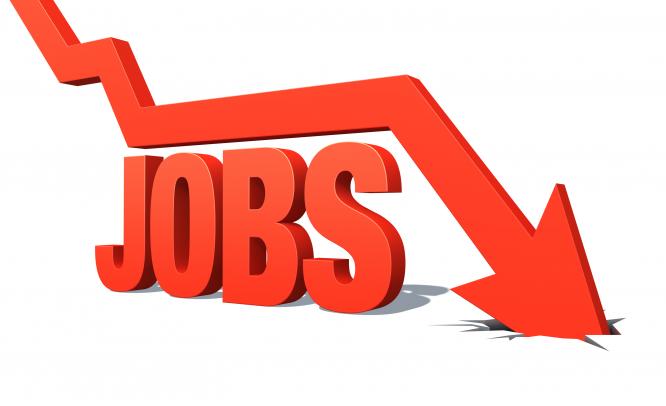Highest decline is in the hospitality and oil & gas industry
Suparna Goswami Bhattacharya
November 7, 2016: The number of job opportunities in the UAE is on the decline. The latest Monster Employment Index (MEI), a monthly gauge of vacancies posted by employers and websites in the Middle East, shows that job opportunities dropped by 22% in September and October compared to the same period in 2015. The decline is the first negative growth recorded in the UAE since the beginning of the year.
The highest decline in hiring was noted in the hospitality industry, down by 38%. Even the oil & gas industry did not show much promise with job postings plunging by 33%.
“Job seekers in the UAE have been facing difficulty finding relevant employment opportunities online over the past few months as companies reduce their hiring activity in light of the current economic difficulties being faced,” said Sanjay Modi, Managing Director, Monster.com, APAC & Middle East.
Prior to the oil price slump, UAE represented one of the most sought-after labour market destinations for both locals and expats. The fall in the price of oil from above US$110 per barrel to about $50 has affected the budget. The government made significant cuts to deflect volatility and increase stability.
Michael Cox-Hill, Managing Director for the Gulf region at Pedersen & Partners, says, “As the oil market slowdown continues, many of the major nationwide state projects have been cancelled. Since government projects were cancelled, businesses, which more often than not follow the government’s lead, also postponed their project plans. This has affected the private job market, in addition to the public one.”
Another independent HR consultant, who did not wish to be named, said the situation is not unique to UAE. “There are many economies, especially in the Middle East, who are facing the same situation. Hiring has declined in Saudi Arabia as well as in Egypt. The whole Middle East is bound by oil. Any decline in the industry will affect the job market in the MIddle East,” said the consultant.
However, not all hope is lost. There are industries — healthcare and education — which continue to do well and are keeping the hiring numbers ticking. Capital Economics reports that the UAE economy is expected to grow at two percent over the 2017 fiscal year. Although this figure may represent the slowest growth rate since 2010, the report highlights that the UAE is set to be one of the strongest economies in the GCC over the coming years.
“Many businesses are investing in their human capital requirements for 2017 and beyond. There are long-term initiatives such as Expo 2020,” says Cox-Hill. Between October 2020 and April 2021, Dubai will host the World Expo, which is expected to generate significant employment.
While low oil prices are affecting the nation’s economy, the UAE is ahead of other GCC countries in regards to the nation’s economic diversification efforts, says Modi adding that “With many projects in the pipeline gearing up to Expo 2020, we expect the UAE employment market to steadily improve across sectors as companies become more confident in the UAE economy and plans start to materialise.”

